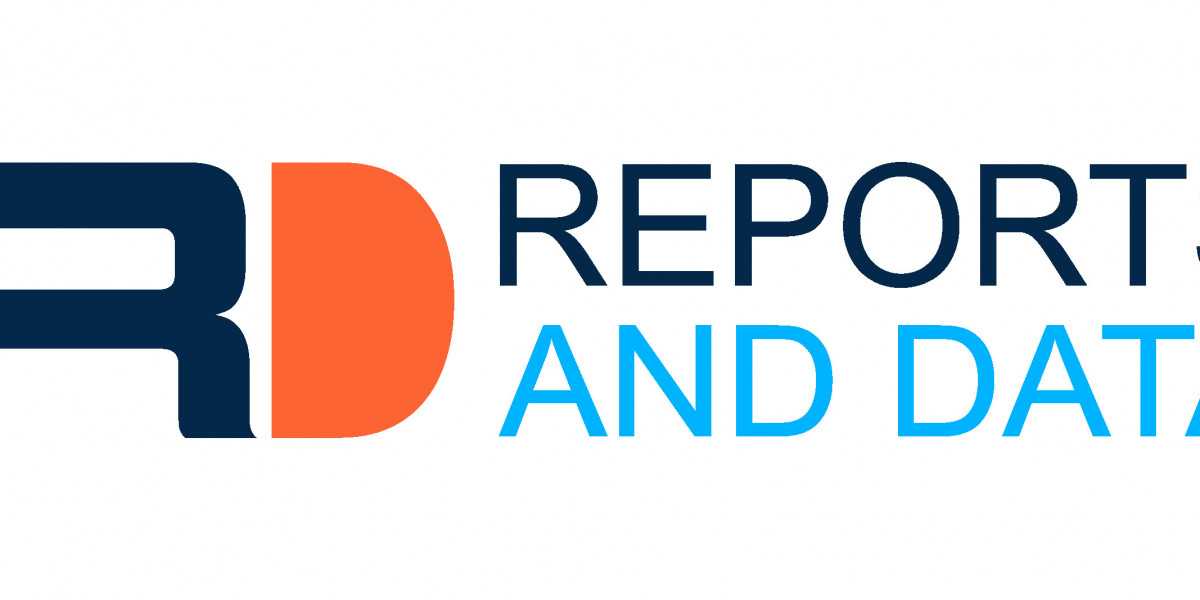Zero Trust Security Market Analysis
Zero Trust Security Market Size was valued at USD 11,781.7 Million in 2021. The Zero Trust Security market industry is projected to grow from USD 13,121.0 Million in 2022 to USD 122.3 Billion by 2030, exhibiting a compound annual growth rate (CAGR) of 17.60% during the forecast period (2022 - 2030).
The core principles of Zero Trust Security include least privilege access, network segmentation, and micro-segmentation. Least privilege access means that users are only granted access to the resources they need to do their job and nothing more. Network segmentation is the process of dividing the network into smaller, more secure zones that can be more easily controlled and monitored. Micro-segmentation is the practice of applying security policies at the individual workload or application level, rather than at the network level.
Get Free Sample Copy @ https://www.marketresearchfuture.com/sample_request/8642
Zero Trust Security can be implemented through a variety of tools, including multifactor authentication (MFA), network access control (NAC), and intrusion detection and prevention systems (IDPS). These tools help to verify the identity of users and devices, monitor network traffic continuously, and respond to potential threats in real-time.
The benefits of implementing Zero Trust Security include increased security, reduced risk of data breaches, and better compliance with regulatory requirements. It can also lead to improved visibility into network traffic and better management of security policies and permissions.
Zero Trust Security is becoming increasingly popular among organizations of all sizes due to the growing number of data breaches and cyber threats. While it can be challenging to implement and requires significant changes to an organization's IT infrastructure, it is a critical security measure that can help prevent attacks and protect sensitive data. By assuming that all network traffic is untrustworthy, Zero Trust Security ensures that organizations are always prepared for potential cyber threats.
Demand for Improved Visibility to Offer Robust Opportunities
The high demand for improved visibility for the increase in IoT traffic among enterprises will offer robust opportunities for this market in the forecast period.
Zero Trust Security Market Restraints
Budgetary Constraints to act as Market Restraint
Budgetary constraints among emerging and small start-ups in developing countries may act as a market restraint over the forecast period.
Zero Trust Security Market Challenges
Design and Implementation Challenges to act as Market Challenge
Design and implementation challenges for deploying zero trust security solutions will act as a market challenge over the forecast period.
Zero Trust Security Market COVID-19 Analysis
Amid the COVID-19 crisis, different regulatory authorities and governments mandate both private and public organizations for embracing new practices to work remotely and maintain social distancing. Ever since, the digital ways to conduct business turned into latest business continuity plan for different organizations. Following the widespread use of BYOD device, internet penetration across the globe, and work from home trend, people are inclined progressively towards the usage of digital technologies like cloud solutions that is boosting the need for zero trust security measures to offer protection against cyber-attacks.
Zero Trust Security Market Segmentation
The global zero trust security market is segmented based on vertical, size, organization size, deployment, solution type, and authentication type.
By authentication type, the multi-factor authentication segment will lead the market over the forecast period as it is a core feature of zero-trust security.
By solution type, the network security segment will dominate the market over the forecast period as it is a vital feature of the zero-trust security model.
By organization size, the large enterprise segment will spearhead the market over the forecast period as these enterprises adopt such solutions for protecting their network, data centers, end-points, applications, and users from malicious ransomware attacks and unauthorized usage.
By deployment, the cloud segment will have the lions share in the market over the forecast period as they offer the perks of cloud technology like scalability, speed, and improved IT security that attract large enterprises and SMEs.
By vertical, the BFSI segment will have the largest share in the market over the forecast period owing to advanced features like least privilege access offered by zero trust security and also these firms investing in cyber solutions for keeping their network secure.
Zero Trust Security Market Regional Analysis
North America to Command Zero Trust Security Market
North America will command this market over the forecast period. The region being most technologically advanced, high rate of digitalization, government regulations like CCPA regulations that are stringent for information security and data protection, the need for zero-trust security solutions, and high adoption of digital transformation with large volumes of critical data being generated are adding to the global zero trust security market growth in the region. The US holds the utmost market share.
Get Complete Report Details @ https://www.marketresearchfuture.com/reports/zero-trust-security-market-8642
Zero Trust Security Market Key Players
Eminent players profiled in the global zero trust security market report include
- Cisco Systems, Inc (US)
- IBM Corporation (US)
- Akamai Technologies (US)
- Google (US)
- Check Point Software Technologies (Israel)
- Pulse Secure (US)
- Palo Alto Networks, Inc. (US)
- Symantec Corporation (US)
- OKTa (US)
- Cloudflare (US)
- Forcepoint (US)
- Centrify (US)
- Cyxtera Technologies (US)
- Illumio (US) and
- Sophos Group PLC (UK).
The other players include Fortinet (US), Cyxtera Technologies (US), VMware, Inc. (US), Trend Micro (Japan), and ON2IT BV (Netherlands).
Industry Updates
Microsoft will acquire RiskIQ in zero trust security push with an aim to bolster the capabilities of the tech giant around offering security across both on-premises and cloud environments.
About Market Research Future:
At Market Research Future (MRFR), we enable our customers to unravel the complexity of various industries through our Cooked Research Report (CRR), Half-Cooked Research Reports (HCRR), Raw Research Reports (3R), Continuous-Feed Research (CFR), and Market Research Consulting Services.
Contact:
Market Research Future
+1 646 845 9312
Email: sales@marketresearchfuture.com








